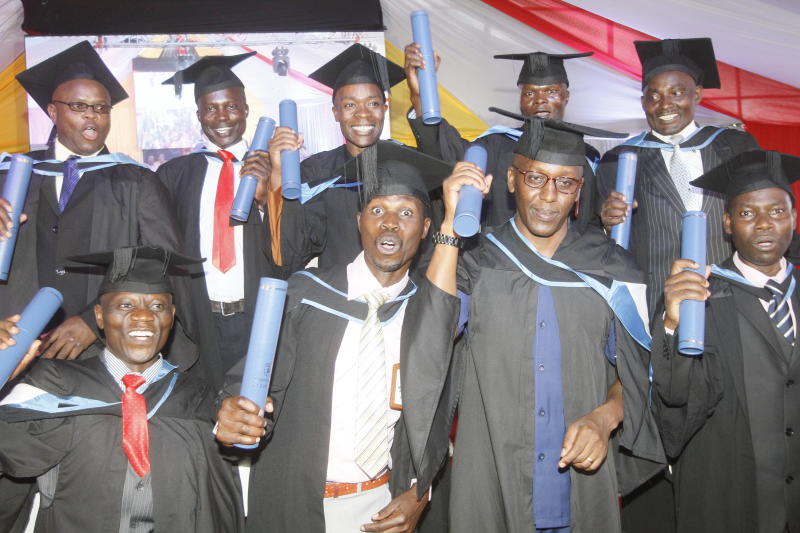×
The Standard e-Paper
Smart Minds Choose Us

Four years ago, on a day that has remained the darkest in Herine Akinyi’s life, her son Hezron Onyango was sentenced to life behind bars.
As 26-year old Onyango was led away at Ngon’g Law Courts, Akinyi thought it was the last time she was seeing her son alive.